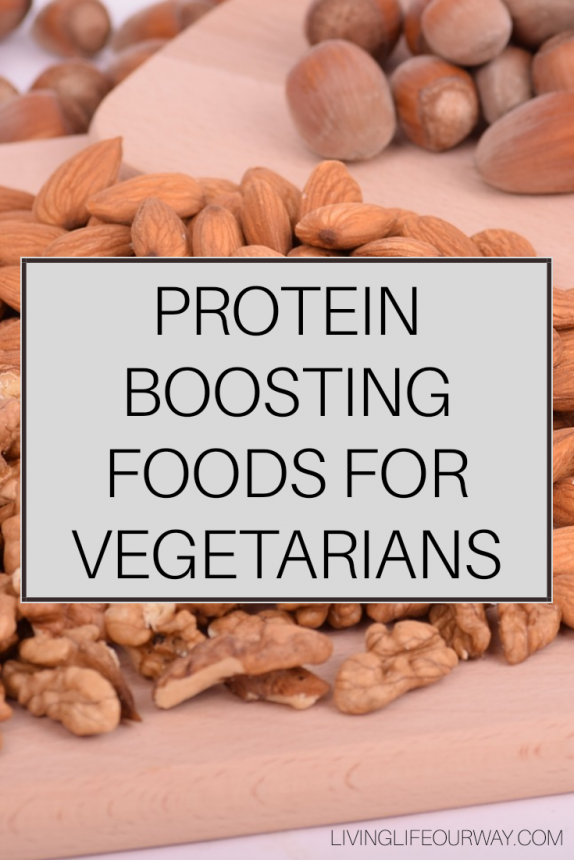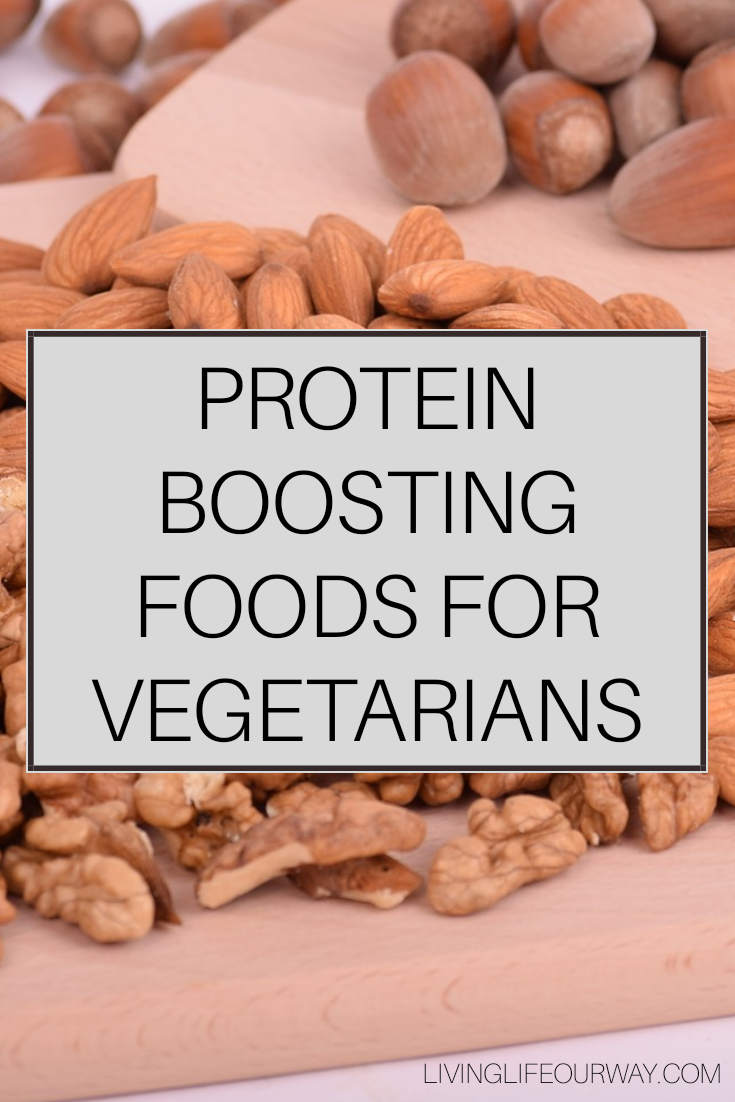Protein is one of three macronutrients that is vital to effective functioning; along with carbohydrates and fats. Almost every cell in the body is made up of protein. So, not getting enough is a big deal. There is sometimes a concern that, without eating meat, it can be a struggle to get enough protein into a diet. It doesn’t have to be a challenge though; there are plenty of ways to get just what you need as a vegetarian with very little effort.
It is entirely possible to get protein through both meat or plants, but many academic studies have shown that plant-based proteins can actually be better for you. It all comes down to cardiovascular health. Going green is simply better for the heart. So whilst vegetarians are at risk of insufficient protein in theory, the options available are good choices.
In the UK, adults are advised to eat 0.75g of protein for each kg they weigh and this is easily achievable with the right food. So, as a veggie, where can you get your protein?

Beans, Lentils and Legumes
If beans, lentils and legumes are a regular staple of your diet, I’d be willing to bet that you’re doing pretty well on the protein front. You cannot go wrong with any of these, and they are the foundational ingredients to many veggie recipes.
Oats
Whether you use your oats for a good old-fashioned hearty porridge in the morning, or to thicken your smoothie, you’ll get plenty of protein and some much-needed fibre by including these in your diet.
Green leaf veggies
Spinach, broccoli and asparagus are all good choices. Either have some on the side with your meals or throw them in the blender. Whatever your preferred approach, they shouldn’t be excluded.
Soy Products
Soy is incredibly versatile. Soybeans and Tofu are great nutritious additions to meals. As far as meat alternatives go, few are as varied. Tofu can be a good addition to stir-fry, sweet n sour, curry, pasta, soup and even salads. Let’s not forget delicious soybean burgers either!
Nuts
The fact that nuts are full of protein shouldn’t come as much of a surprise, plus (unsalted) make excellent healthy snacks if grazing is your thing. They can also be added to many meals. Personally, I take mine in a delicious smoothie though! Almonds and cashews are especially great additions to your diet.
Seeds
Another protein-filled ingredient that works well in a blended solution. Chia seeds and flaxseeds are worthy considerations if you’re after a protein boost.
Eggs
Not an option if you’re vegan, obviously. But they are undeniably a good source of protein and are vegetarian-friendly. Eggs are low calorie, cheap and easily digestible.
Nut Butter
Goes well on toast, is easy to prepare (can go in a smoothie) and is packed with nutrients that are good for the heart. I heartedly recommend adding this to your diet (especially almond butter).
Dairy
If there are two things you can expect to get from dairy, it is calcium and protein. Vegan alternatives include nut milk such as almond (my personal favourite) but be aware that in terms of nutritional goodness soya milk is more in line with actual dairy.
Supplements
Finally, if all else fails there are protein powders and protein shakes. To be honest, these are probably often unnecessary, unless you are planning a major sporting feat sometime soon or have medical issues. However, those with a restricted diet for any reason may benefit from them. It is useful to know they are an option if needed.


This is an excellent analysis of protein sources. I must admit I am a great fan of almond butter too.